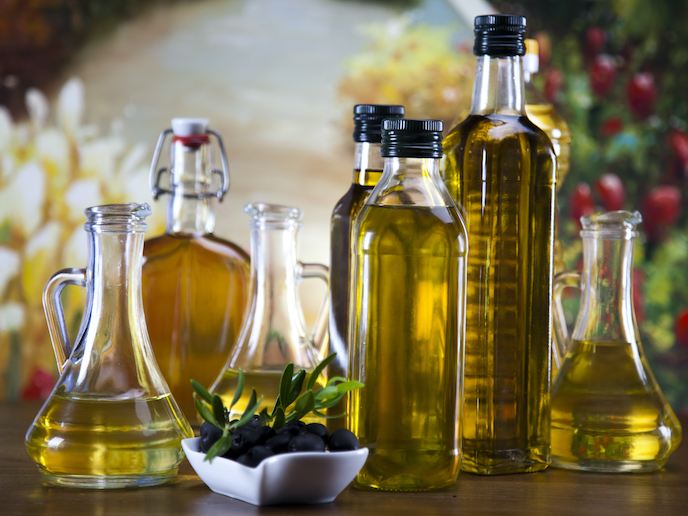Stopping olive oil fraud with the help of blockchain
Europe is a powerhouse in the olive oil world, home to many of the world’s best-known quality brands. Europe manufactures around EUR 3 billion worth of olive oil each year, mostly in Spain, Italy and Greece. Olive oil may not seem a likely candidate for fraud, but counterfeiting is a major and growing problem throughout the European Union. The estimated market losses in Europe from olive oil fraud is around EUR 1.5 billion per year. Aside from money, there can be huge consequences for human health: in Spain in 1981, an event involving fraudulent oil affected over 20 000 people and resulted in hundreds of deaths from a toxic syndrome. “There are different ways to perform a counterfeit: you may just invent a brand, pour something inside the bottle and label it whatever you like,” explains Enrique Lizaso, CTO of BlockTac and STOPTHEFRAUDINOLIVEO project coordinator. Oils can be diluted with low-quality and chemically refined oils, or with oils that will have rotted by the time consumers open the bottle and start adding it to their salad. Customers – for the most part – can’t tell that their oil is fake, even after they’ve tried it. Olive oil inspectors exist, but there simply aren’t enough to check every bottle. What’s more, the fines aren’t enough to prevent the fraud. The STOPTHEFRAUDINOLIVEO project has developed a savvy technological solution to the problem. BlockTac is a new type of digital seal, based on blockchain technology, which lets customers verify the authenticity of the oil just through their smartphone in the supermarket.
Signed, sealed, delivered
“Right from the start, we decided that the system should be super easy to use: the customer should point his/her smartphone at the QR in the product, and immediately tell whether that single bottle is original or not,” says Lizaso. Each unit has a double-layer label. The customer peels away one layer to reveal a QR code. Any regular smartphone (iOS or Android) can be used to scan the code, and an app checks whether the bottle is registered on the blockchain. If it is a legal bottle, it is then marked as opened. If it has been checked before, the customer is advised. “If the blockchain register does not contain the QR code, the bottle is shown as ‘no info, beware, no info, consume at your own risk!’” says Lizaso. When a counterfeiter copies a product, it usually involves making far more than one unit extra. This means manufacturing hundreds, or thousands of bottles. In this case, the fraudster may copy the QR code, and each of the fake bottles will share the same code. As soon as one of these is ‘opened’ through BlockTac, all the other ones are then marked as opened, or a possible counterfeit. The customer can then decide how to proceed. The project currently has agreements for 3.5 million units, and the goal for 2020 is to reach 10 million products, making it the largest use of blockchain so far after cryptocurrencies. “We are deeply grateful to the EU for giving us this opportunity,” concludes Lizaso.
Keywords
STOPTHEFRAUDINOLIVEO, olive, oil, blockchain, fraud, QR, code

